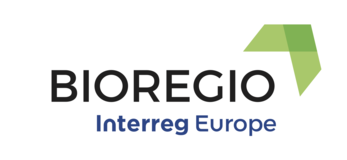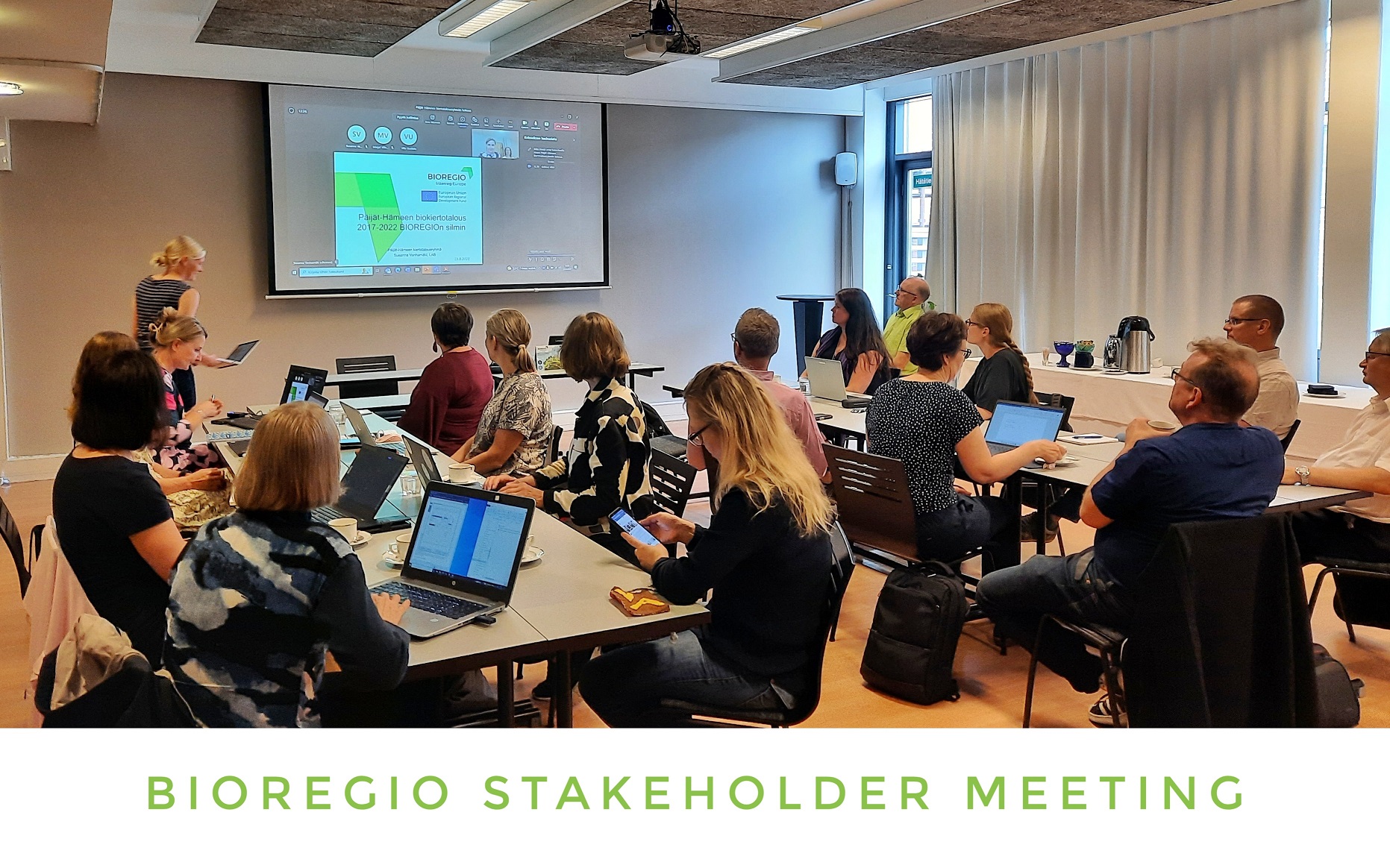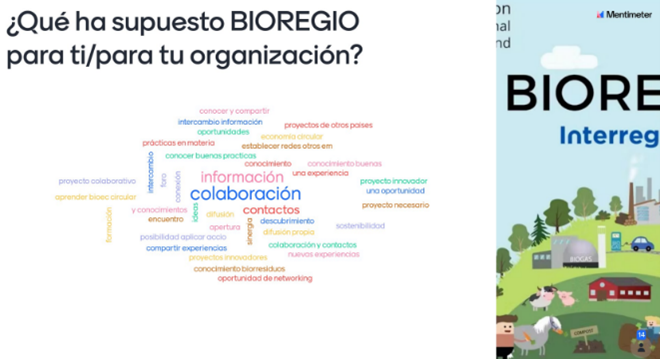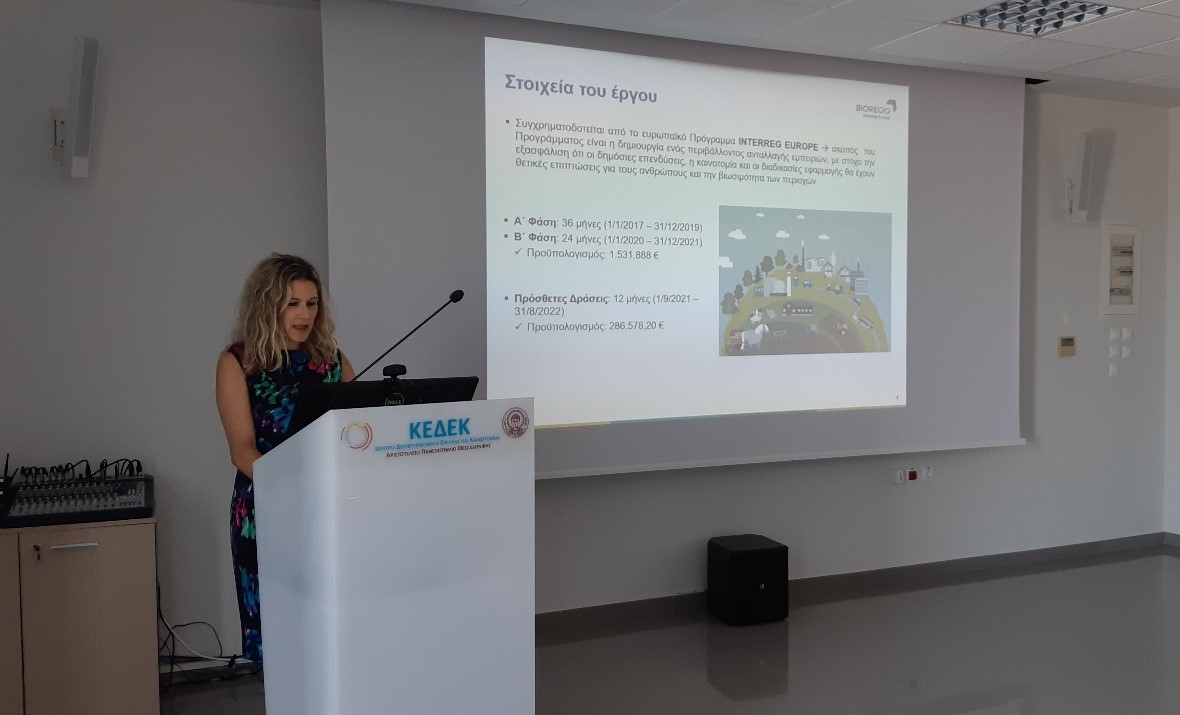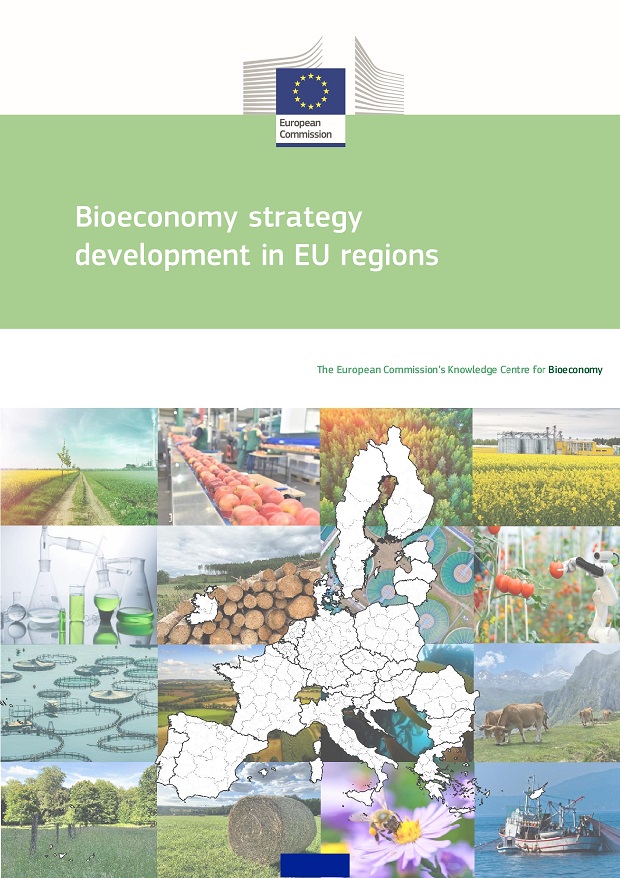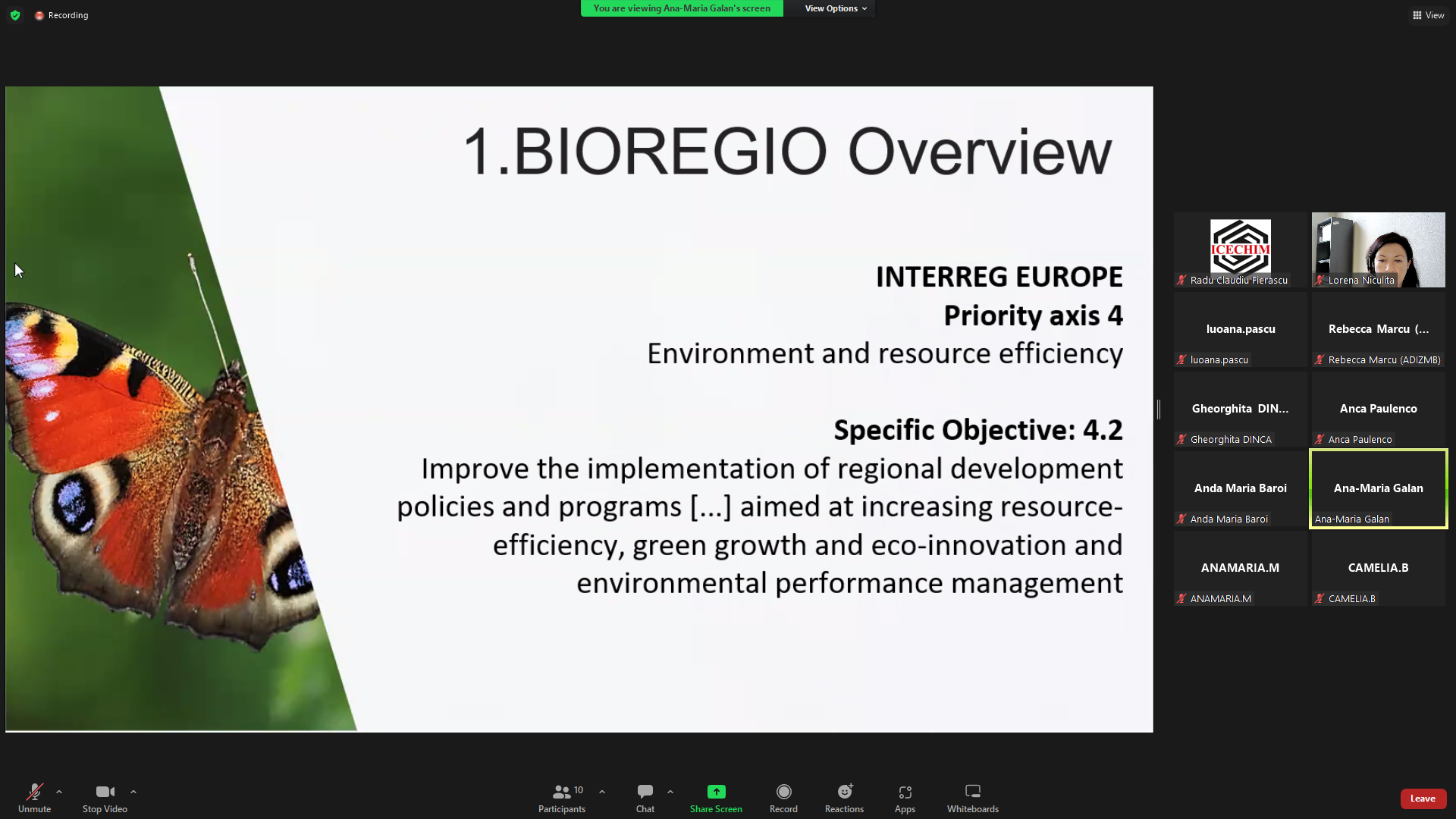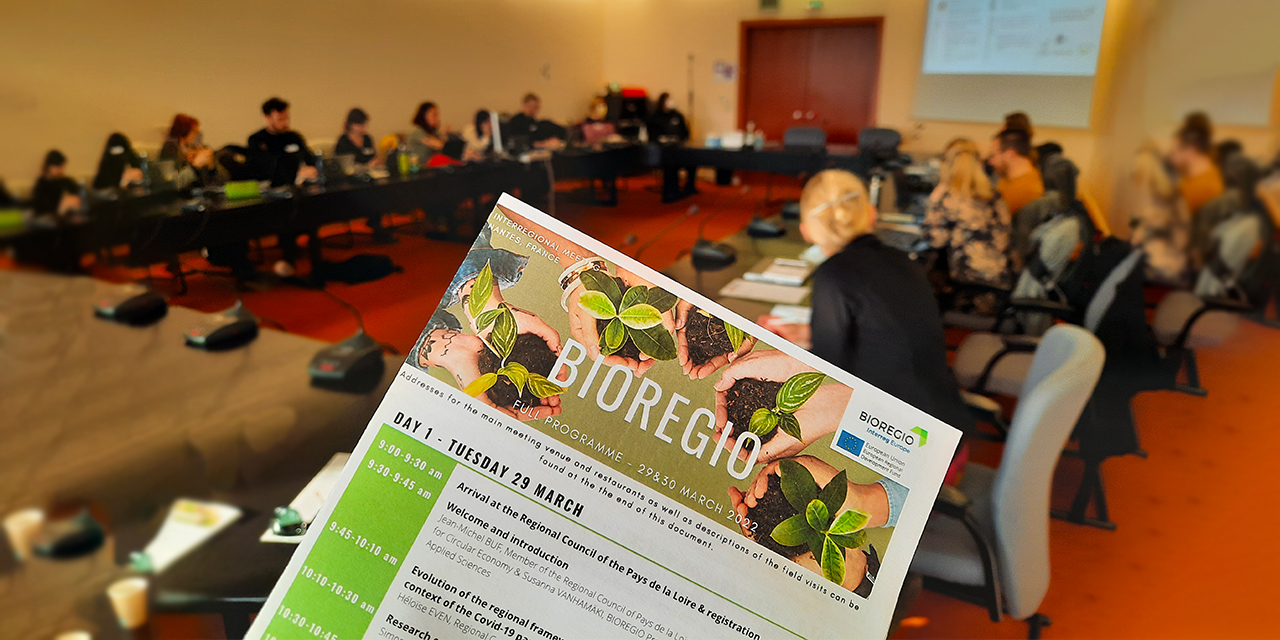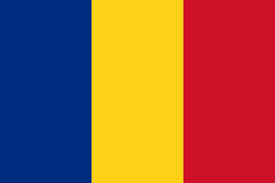Bio-based circular economy policy situation overview in the Region of Central Macedonia, Greece
The outbreak of the COVID-19 pandemic in Greece led to the imposition of 2 strict lockdowns. Due to these 2 lockdowns, SMEs had to face major challenges, like lack of liquidity cash, intense demand constraints, disruptions in international supply chains etc. In order to support SMEs, several measures have been taken by the Greek government at the national and regional levels. In the framework of the Regional Operation Programme of Central Macedonia 2014-2020, Diexodos Programme was implemented (total budget: 200 mil. €). It concerned the support of SMEs affected by the pandemic in Central Macedonia, through a non-repayable grant as working capital in order to cover their expenses. However, only 0,19% of the approved SMEs belonged to the industry of wastewater treatment, waste management and recovery activities.
Moreover, two calls for proposals were published in the framework of ROP of Central Macedonia 2014-2020. Specifically, 5 (out of a total 36) Innovation Vouchers for SMEs and 4 (out of a total 131) Innovation Investment Plans with emphasis on the development of circular bioeconomy were approved and they have been under implementation. Each Voucher has had a budget of 10.000 € whereas the total approved budget of the 4 Investment Plans has been more than 1,4 mil. €.
Regarding the new programming period, the ROP of Central Macedonia 2021-2027 has been submitted to the EU and its approval is awaited. It focuses on the promotion of circular bioeconomy through actions of Policy Objectives 1 and 2. Additionally, the Research and Innovation Strategy for Smart Specialization (RIS3) 2021-2027 in the Region of Central Macedonia is based on the ongoing implementation of Entrepreneurial Discovery Actions taking into account the uncertainty created by the COVID-19 pandemic, which influences the growth of innovation. The priority sectors directly related to the development of circular economy at the regional level are Textiles and Clothing, Food, Materials and Green Tourism. Moreover, policy tools being relevant to the circular economy include the introduction of ICT (Information Communication Technologies) applications (support, education and information structures) across the value chain (from the design of green products to recycling).
